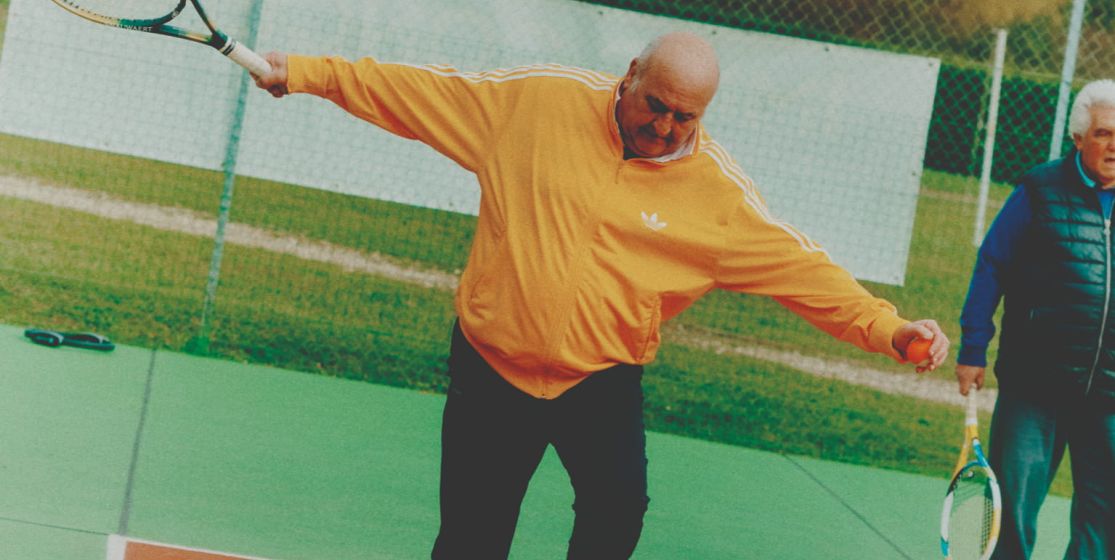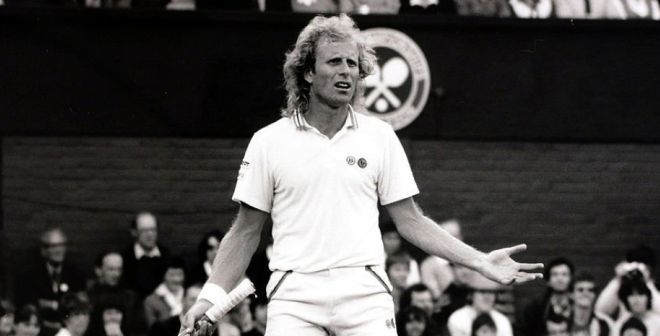Tennis has become a new form of medicine in France
No wonder why they are illegible. They have been written by doctors. Still, Caroline Voltz-Decool has learnt how to decipher the prescriptions sent by the Saint-Germain-en-Laye hospital. This40-year-old tennis instructor at Tennis Club du Mesnil-le-Roi – a club founded in 1990 – gives ‘tennis for health’ classes; they have been designed to reduce the risk factors and physical impacts of some diseases through sport. This programme was launched in 2014 by FF T and CNOSF –the French Olympic and Sports Committee– and comes from progressive tennis –a concept that was developed in the 1990s and which was played with softer balls and shorter nets on smaller courts. It is a way to show tennis is for everyone, no matter their age, their sporting history, and their condition. Or almost everyone. “I was afraid in the first place,” says Caroline, who followed the Prescri’Forme free training offered by CDOS –the regional branch of the Olympic and Sports Committee– in 2020. “I was wondering what diseases I would have to deal with. I didn’t want anyone to have a stroke on the court either.” So far, so good. She has had a dozen learners over the past three years, and they all were in different situations. There has been a breast-cancer free woman; an obese man; a woman with two hip prostheses who also suffered from degenerative knee disease –“she had the full package”; a pulmonary oedema survivor, and even a woman who played tennis for the first time in her life both to sooth her joins and not be alone.
Caroline refuses to call them ‘patients’; she hates it, and she is not a doctor. “They pay for 10 classes; the fees are covered by social security. They can come twice a week for one hour. I adjust the sessions depending on their profiles. Some of them have improved a lot in terms of motor functions and balance. Plus, they really bond. The atmosphere is great; we all keep in touch on WhatsApp when we go on holiday.” In France, there are now more than 450 ‘Tennis Santé’ clubs, with 2,000 members and 1,000 trained instructors. But does it work? Well, a British study from 2016 has proved that racket sports reduce death risks from all sorts of diseases by 46%, and from cardiovascular events by 57%. It is better than swimming, fitness training or cycling. If you still cannot believe it, note that a 2018 study conducted by the city of Copenhagen on 20,000 people proved that tennis was the best sport to extend your lifespan; it can even go up to an extra 9,7 years! So, long live TCMR!






